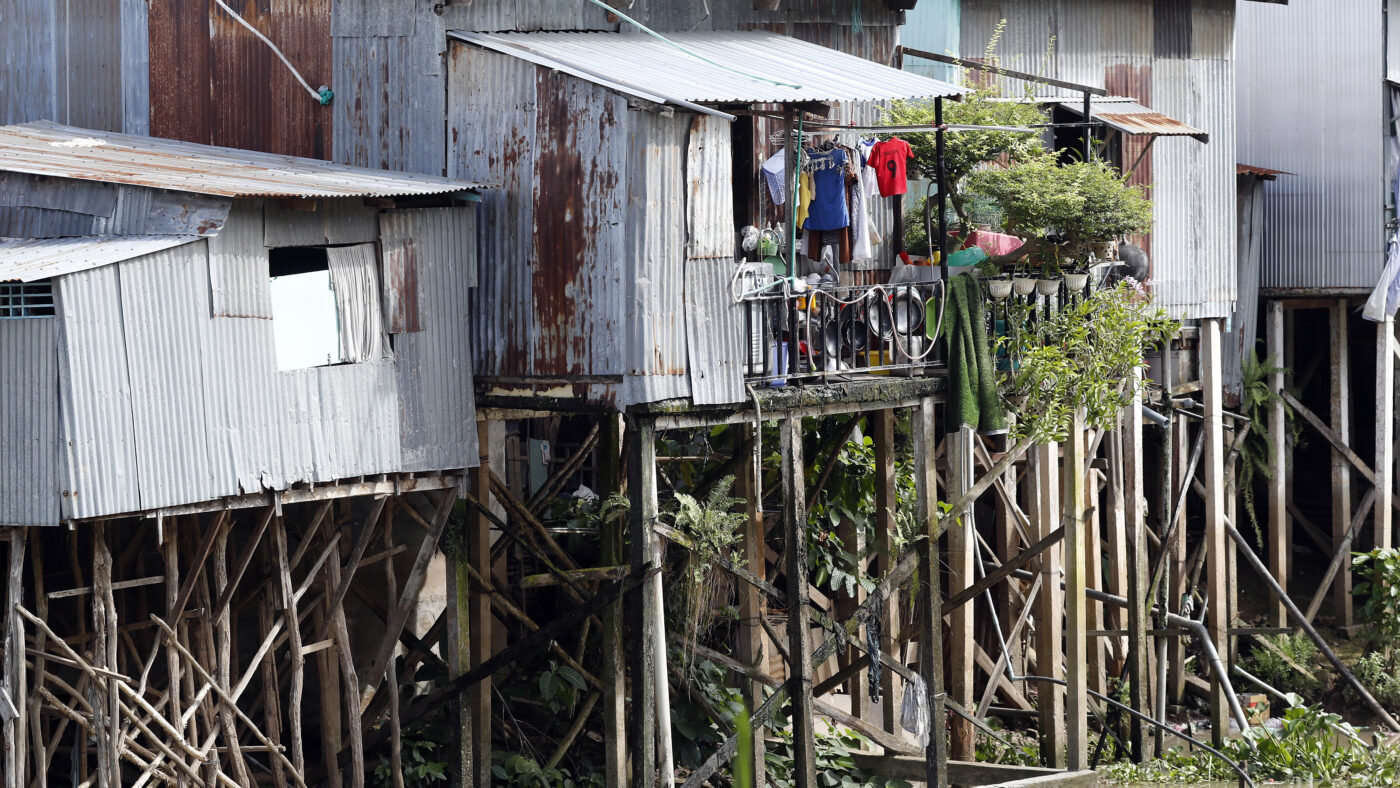In 2006, the Defence Ministers of Nato member states agreed to commit a minimum of 2% of their GDP to defence spending in order to ensure the alliance’s long-term military readiness. Germany spends more than €12bn on development aid annually (more than any other country except the United States) but has not fulfilled its Nato commitments for years.
However, despite ongoing economic challenges and pressing problems at home, Germany is spending considerable amounts of money on absurd development aid projects around the world – including in India. Despite being the fourth nation in the world to recently conduct a successful moon mission, Germany is giving India €1.3bn to expand sustainable urban mobility and develop sustainable cities. In recent years, Germany has provided almost €200m in grants and low-cost loans to promote buses and cycle paths in Peru.
Frank Bremer has dedicated his life to the fight against poverty and has been involved in development aid in 30 countries in Africa, Central Asia, the Caribbean, and the Indian Ocean, preparing projects in the fields of rural development and the environment. After more than 50 years of involvement with development aid, he offers a scathing assessment:
‘This has been going on for 50 years, and the entire international development aid industry, which is financed with public funds, lives from this kind of project. The alleged beneficiaries, the poor farmers, who are supposed to be helped by these projects, are no less poor at the end and are once again left to fend for themselves. Instead of helping the poor, these projects create countless jobs for seconded professionals and their supervisors at the aid organisations’ headquarters.’
William Easterly, Professor of Economics and African Studies at New York University, describes development aid as largely useless, often even counterproductive. One of his examples: In two decades, $2bn in development aid was spent on road construction in Tanzania. But the road network did not improve in the slightest. Because the roads were not maintained, they deteriorated faster than the donors could build new ones, Easterly reports. The ‘growth industry’ in Tanzania, on the other hand, was a gigantic bureaucracy. ‘Tanzania produced more than 2,400 reports a year for its aid donors, who sent the beleaguered recipient one thousand missions of donor officials per year.’ Foreign aid, Easterly notes, did not supply what the citizens needed (roads), it supplied a lot of what they had little use for (bureaucracy).
Easterly’s overall assessment of development aid is damning:
‘An emphasis on loans made rather than on the results of those loans, a surplus of reports that no one reads, a fondness for grand frameworks and world summits, moral exhortations to everyone rather than any agency taking responsibility for any one thing, foreign technical experts to whom no one is listening, health clinics without medicines, schools without textbooks, roads and water systems built but not maintained, aid-financed governments that stay in power despite corruption and economic mismanagement, and so on.’
In my latest book How Nations Escape Poverty, which draws on numerous scientific studies, I show that development aid is at best a waste of money and at worst very often counterproductive, as it supports dictatorial and corrupt international regimes.
What really helps against poverty is not development aid, but capitalism. One example of this is Vietnam, once the poorest country in the world (poorer even than all of the African countries). Before the pro-market economic reforms began, every bad harvest led to hunger, and Vietnam relied on support from the UN’s World Food Programme and financial assistance from the Soviet Union and other Eastern Bloc countries. As late as 1993, 79.7% of the Vietnamese population was living in poverty. By 2006, the rate had fallen to 50.6%. Today it is less than 5%. The country, which still officially describes itself as ‘socialist’, was not helped by development aid, but by the blueprint of progress, free market reforms.
This article was first published in the Washington Examiner.
Click here to subscribe to our daily briefing – the best pieces from CapX and across the web.
CapX depends on the generosity of its readers. If you value what we do, please consider making a donation.


